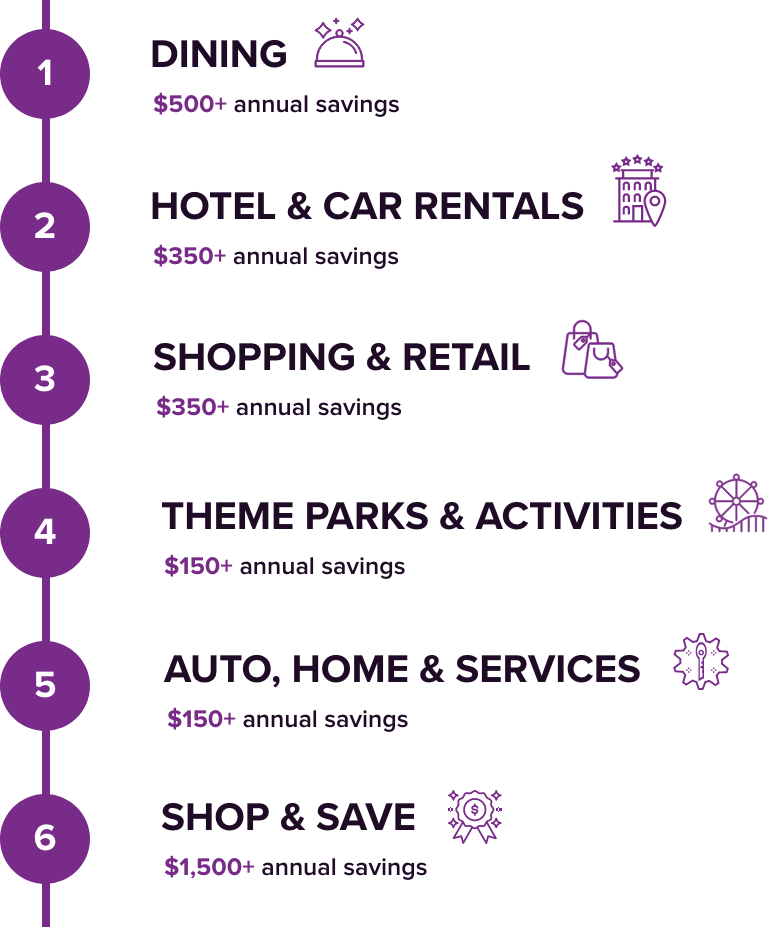The word “consumer” has become something of a dirty word in our culture. It implies consumerism, which is universally derided as something we, especially as Christians, should avoid. Consumerism refers to a lifestyle or attitude characterized by mass consumption of goods and services. It’s a way of looking at the world, or even people, through the self-absorbed filter of what these things can do, or be, for me. And it’s easy to spot people that are consumeristic. They never are content or satisfied and must always be indulging in the “latest and greatest.” Maybe it’s your neighbor who trades his car in every year for the newest model to give him that new car smell and the confidence boost from believing he is “keeping up with the Jones’.” Or maybe it’s your coworker who has never worn the same clothes twice and rarely walks in wearing anything other than the trendiest of outfits. Maybe it’s a family member who can’t go without indulging in excess food or drink. But to be honest, it’s probably something that describes each of us from time to time as well. We’re surrounded by a consumeristic culture and an abundance of stuff for us to watch, wear, drive, eat, drink, and ultimately, consume.
But what’s so bad about consumerism? And if it is so bad, then what about being a Faith Driven Consumer? How do we live as a consumer (something everyone has to be in order to live) without being consumeristic? These are very important questions that we should ask ourselves as Christians, and specifically, as Faith Driven Consumers (FDCs). So we’re going to briefly consider them and hopefully arrive at some biblically faithful conclusions that encourage, inform, and challenge us to be who we are called to be as Faith Driven Consumers.
So, what’s so bad about consumerism, and why should we avoid this kind of mindset and lifestyle? As is often the case with spiritual/moral questions, we should not consider only the physical actions themselves when we ask whether or not something is “wrong.” We should also examine the character of the individual committing the action, specifically, the motivation behind the action. And this is an issue where we are asking less of a “is this sinful?” question and more of a “what is the wisest and most God-honoring way to be?” kind of question. We are asking a big picture question about how to avoid the pitfall of living for things instead of living for Jesus.
As Christians, we don’t think enjoying food or drink, or consuming media/entertainment, or buying new clothes is sinful. In fact, these things, when enjoyed in the right way, to the right extent, and with the right perspective, are all testaments to God’s goodness. They are opportunities for us to experience the greatness of God and express our love for Him through praise and thanksgiving. However, the sinfulness can creep in, not necessarily in the what, but in the how and the why. So, while enjoying these things may not be sinful or unbiblical, as fallen humans, we all know how quickly we can make good things idols and put them in God’s place. This is why John Calvin wrote in his Institutes that “man’s nature… is a perpetual factory of idols.” We are constantly elevating the things of this world to the place of God and trying to squeeze every drop of satisfaction out of these things, which cannot and do not satisfy. The Apostle Paul describes this compulsion in Romans 1, saying,
21 For although they knew God, they did not honor him as God or give thanks to him, but they became futile in their thinking, and their foolish hearts were darkened. 22 Claiming to be wise, they became fools, 23 and exchanged the glory of the immortal God for images resembling mortal man and birds and animals and creeping things. (ESV)
Since Genesis 3, we have been following our sinful desires and chasing satisfaction by turning the things of this world into our gods, but it only leaves us unfulfilled and broken. 3000 years ago, these gods were made of gold and shaped liked a calf. Today, many are made of wires and glass. But whether it’s an ancient, hand-carved figurine, or the new iPhone, we exchange these things for the “glory of the immortal God” when we live for them instead of for our Father in heaven.
This is why consumerism can be such an anti-Christian lifestyle. It’s not because enjoying yourself is wrong, or because filling up a shopping cart disappoints Jesus. Instead, it’s because of the motivation behind the endless consumption of stuff and what it says about where our love and our hope resides. Are we enjoying the good gifts of our good Father? Or do we replace God with His good gifts and use them to try and fill a void in our lives? Have our culture, the media, commercials, and our idols on social media become our source of truth, instructing us how to use (abuse) the good gifts we’ve been given? Or do we keep the biblical perspective C.S. Lewis described when he said, “our minds should follow the sunbeams back to the sun”?
We should remind ourselves daily that the pleasures we find on this earth are simply the blessings of a good God who allows us to enjoy them. Consumerism stops short of God. It doesn’t follow the rays of the sun back to their source. And those who buy into it (no pun intended) will find themselves singing along with the Rolling Stones, who “can’t get no satisfaction.” But as Christians those lyrics shouldn’t ring true because we can get some satisfaction. Christ died to make that possible. And as Faith Driven Consumers we have that which satisfies: a personal relationship with our Redeemer and our Creator. We should ask ourselves if we’ve been living like it.

